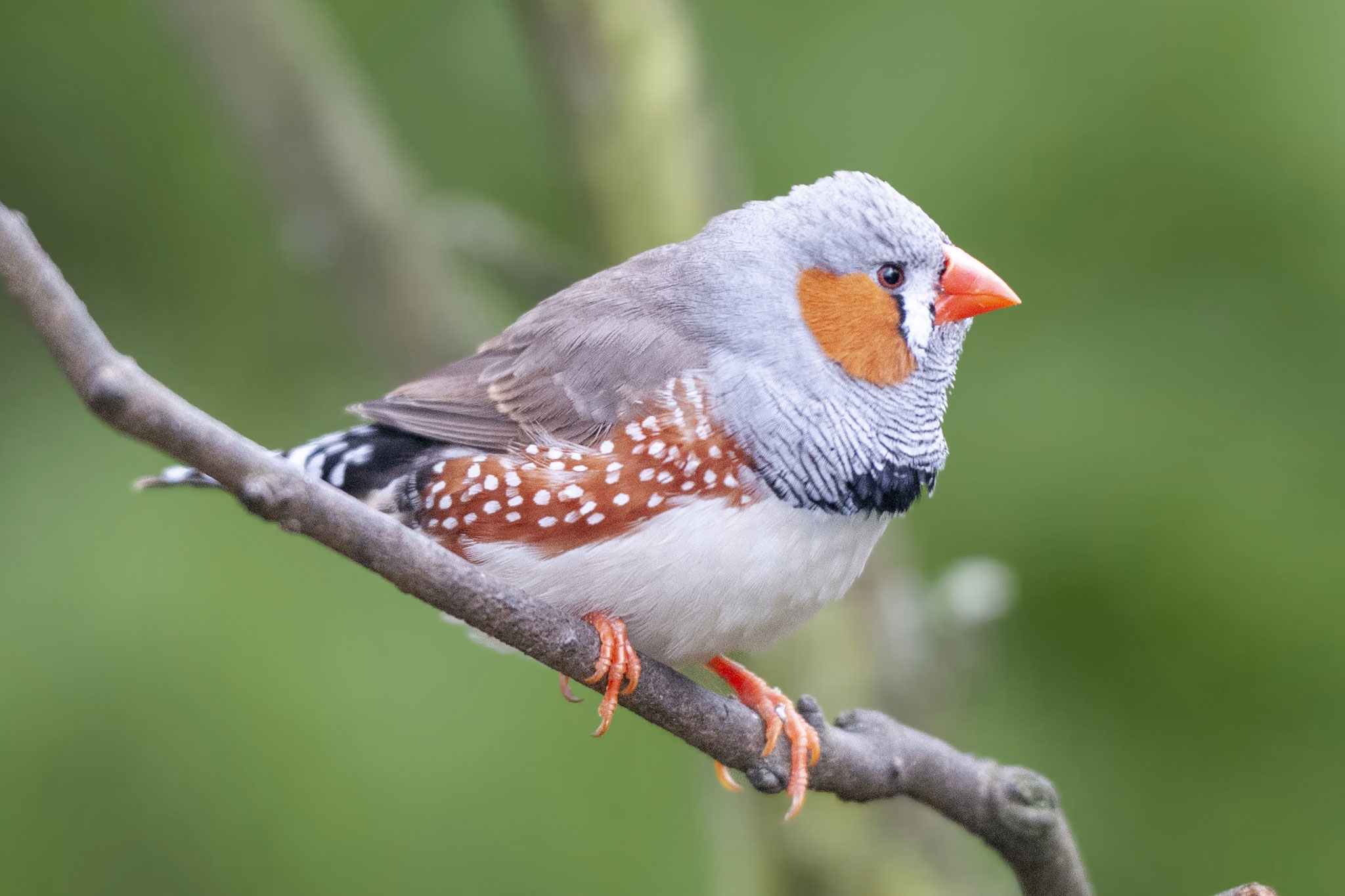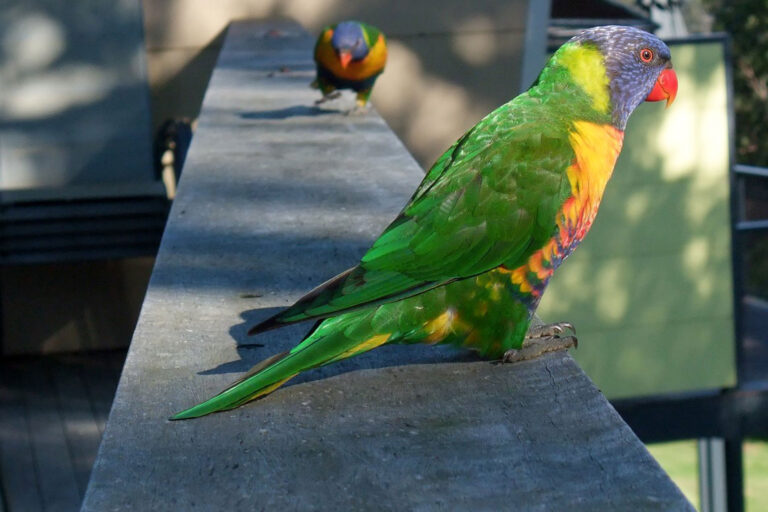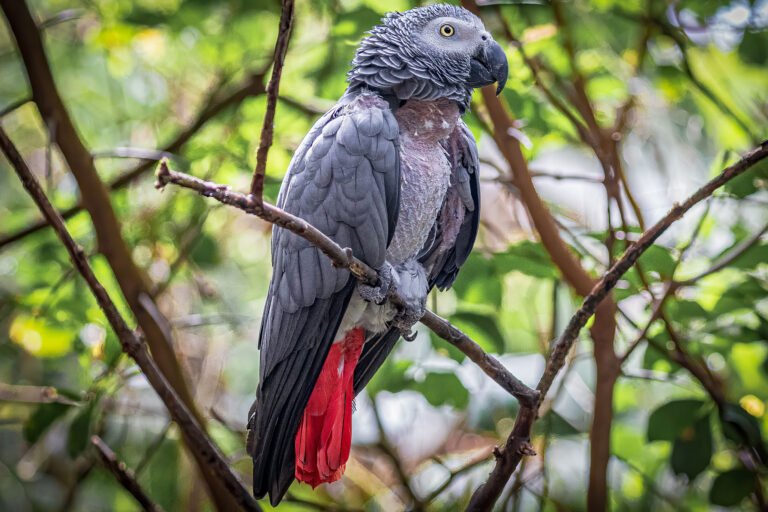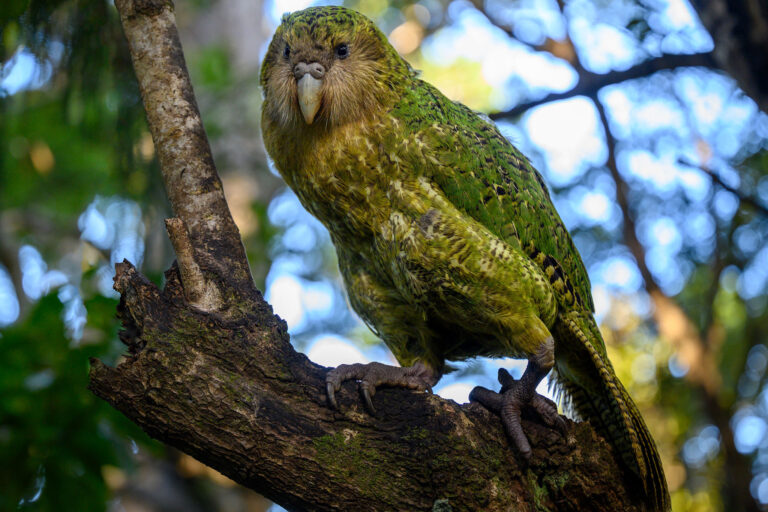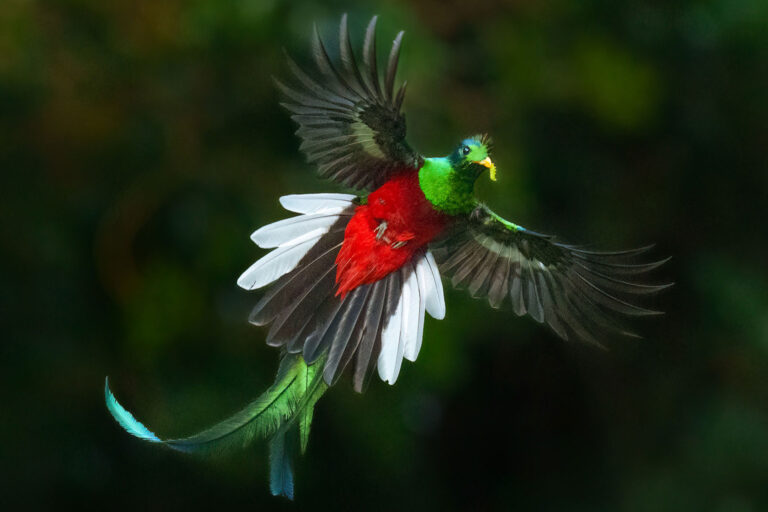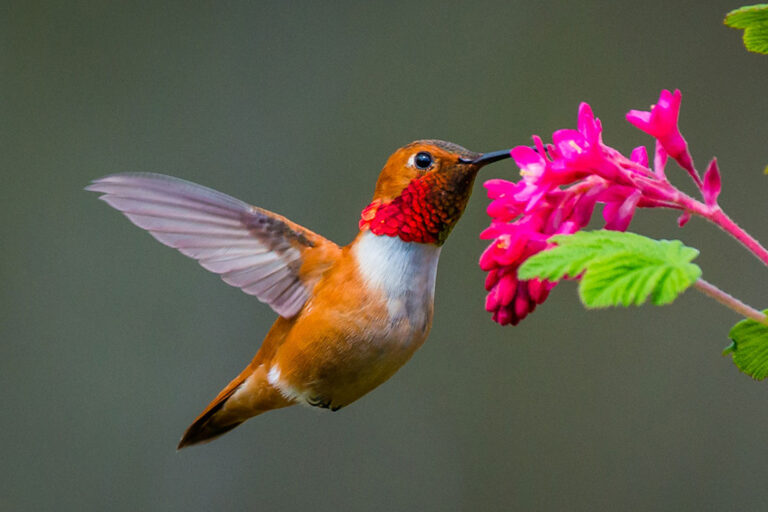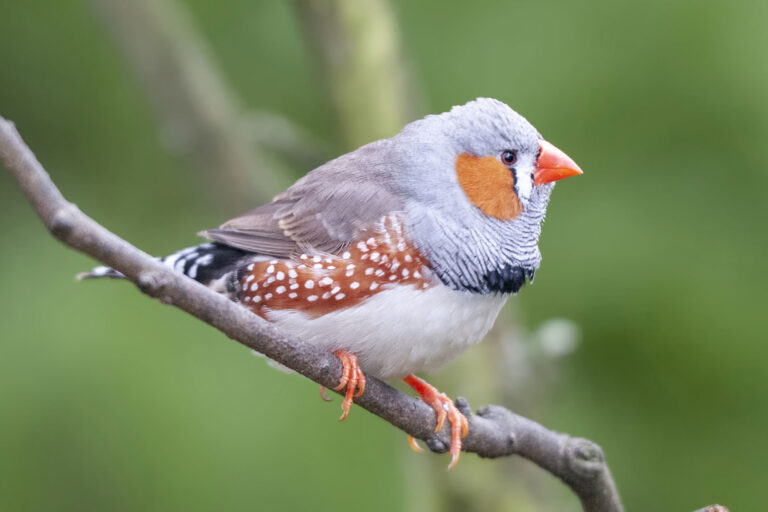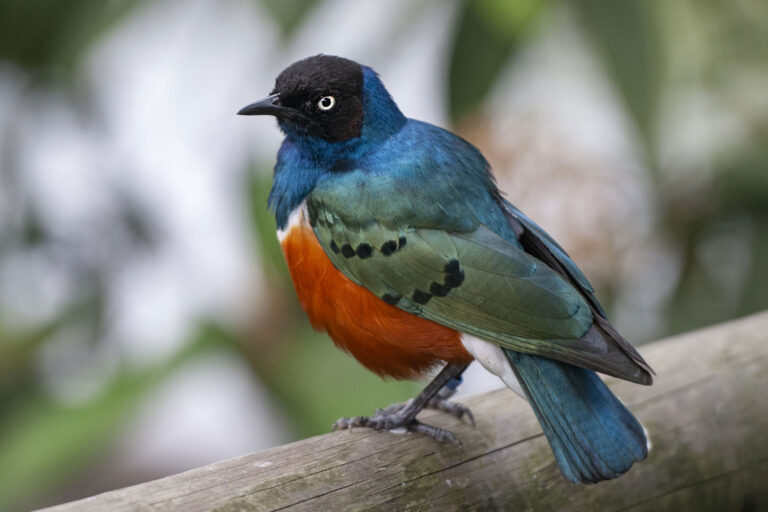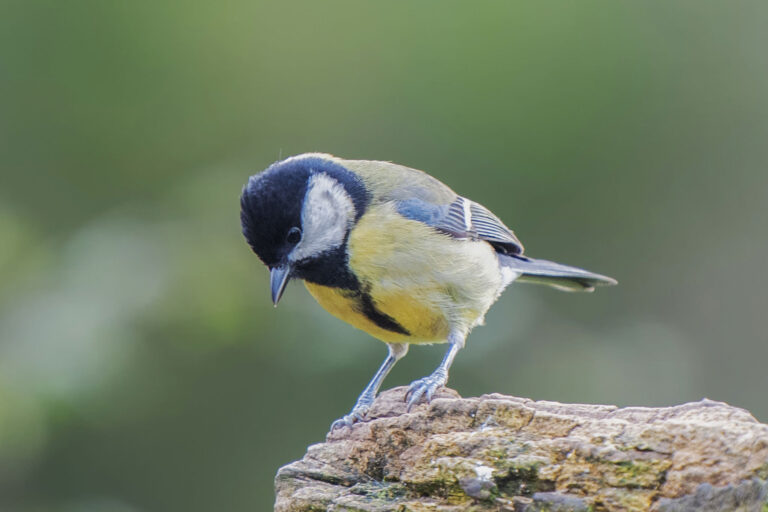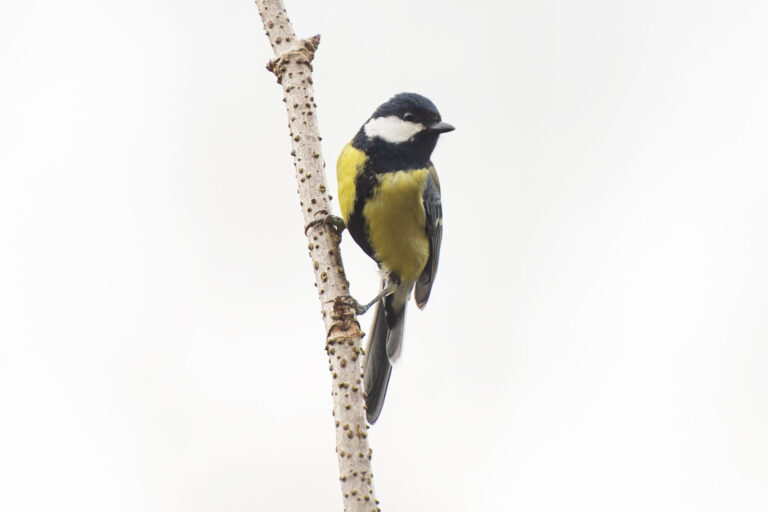In the intricate tapestry of life on Earth, birds play a pivotal role that extends far beyond their captivating beauty and enchanting melodies. From bustling city parks to remote rainforests, these feathered creatures are integral components of ecosystems worldwide, contributing to ecological balance, biodiversity, and the well-being of countless species. This article explores the multifaceted significance of birds in sustaining ecosystem health and highlights the urgent need for their conservation.
1. Avian Ecosystem Engineers:
Birds are dynamic agents of change within their environments, serving as ecosystem engineers whose actions shape landscapes and influence ecological processes. For instance, insectivorous birds help control insect populations, reducing the need for harmful pesticides and promoting natural pest management. Additionally, seed-dispersing birds play a crucial role in forest regeneration, facilitating plant colonization and enhancing biodiversity. By creating new habitats and dispersing seeds, birds contribute to the resilience of ecosystems, aiding in their adaptation to environmental changes.
2. Birds as Indicators of Environmental Health:
The presence and behavior of bird populations provide valuable insights into the health of ecosystems. Declines in bird diversity or abundance can signal underlying environmental degradation, such as habitat loss, pollution, or climate change impacts. Ornithologists and conservationists use bird monitoring programs to track population trends and identify areas of concern, guiding conservation efforts and informing land management practices. By heeding the warning signs provided by bird populations, we can take proactive measures to address environmental threats and safeguard ecosystem integrity.
3. Economic and Ecological Value of Birds:
Birds contribute significant economic and ecological benefits that extend beyond their intrinsic value. Birdwatching, a popular recreational activity enjoyed by millions worldwide, generates substantial revenue through tourism, equipment sales, and related services. Furthermore, birds provide essential ecosystem services, including pollination, seed dispersal, and nutrient cycling, which support agricultural productivity, forest health, and ecosystem resilience. Protecting bird habitats and conserving avian biodiversity is not only ethically imperative but also economically advantageous, ensuring the long-term sustainability of ecosystems and human well-being.
4. Threats to Avian Biodiversity:
Despite their ecological importance, birds face numerous threats to their survival, including habitat loss, pollution, climate change, and invasive species. Deforestation, urbanization, and agricultural expansion continue to degrade bird habitats, reducing available nesting sites and foraging resources. Pollution from pesticides, plastics, and industrial contaminants poses direct threats to bird health and reproductive success. Additionally, climate change alters habitat suitability, disrupts migration patterns, and increases the frequency and intensity of extreme weather events, further endangering avian populations worldwide.
5. Conservation Strategies for Avian Protection:
To mitigate the threats facing birds and preserve their vital ecological roles, comprehensive conservation strategies are essential. These strategies encompass habitat protection, restoration, and management, as well as initiatives to address climate change, pollution, and invasive species. Collaborative efforts involving governments, NGOs, researchers, and local communities are crucial for implementing effective conservation measures and promoting sustainable land use practices. Public education and outreach programs also play a vital role in raising awareness about the importance of birds and fostering a culture of conservation stewardship.
Birds are integral components of ecosystems, contributing to ecological processes, biodiversity, and human well-being. As stewards of the planet, it is our responsibility to recognize the importance of birds and take concerted action to conserve and protect them. By valuing avian biodiversity, implementing sustainable land management practices, and addressing environmental threats, we can ensure that birds continue to enrich our lives and sustain the health of ecosystems for generations to come. Embracing the importance of birds in the ecosystem is not just an ethical imperative—it is essential for the preservation of life on Earth.

Dr. David Woolard’s interest in veterinary medicine stems from his upbringing in the lovely hamlet of New Paltz, NY, where he gained a love of animals at a young age.
Subscribe my Newsletter for new blog posts. Stay updated from your inbox!

